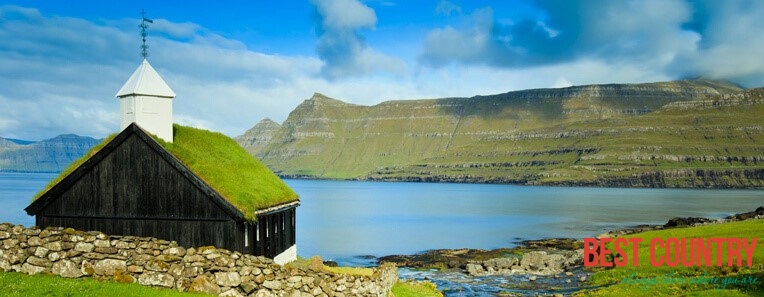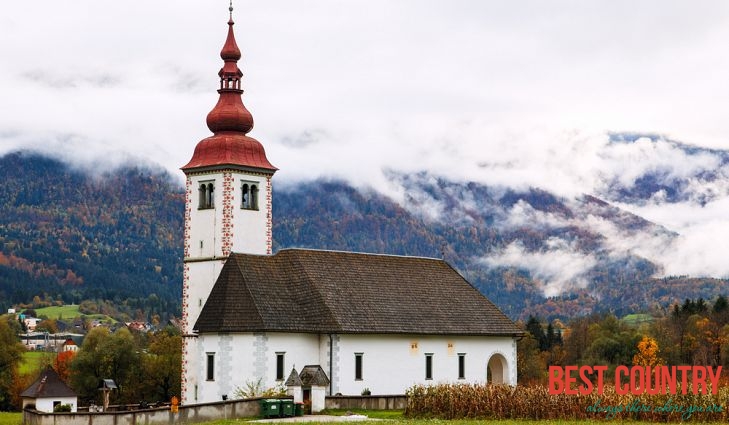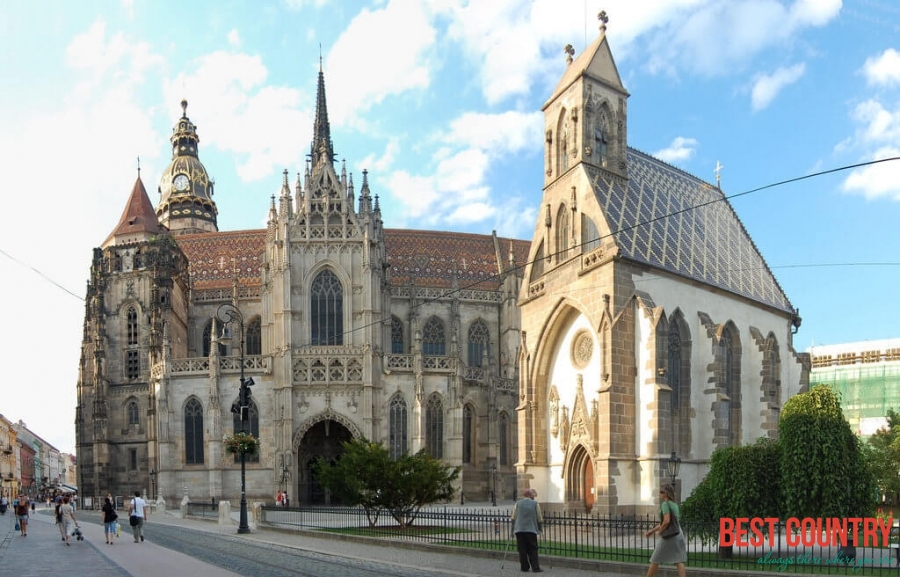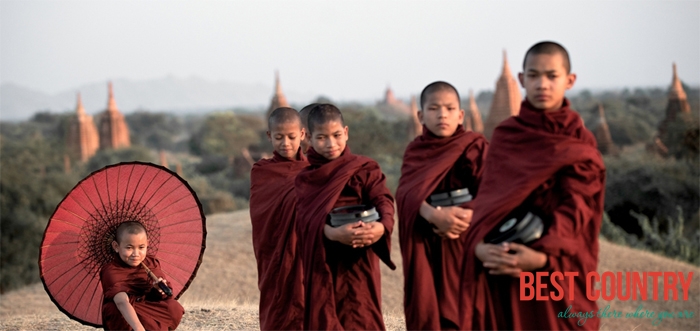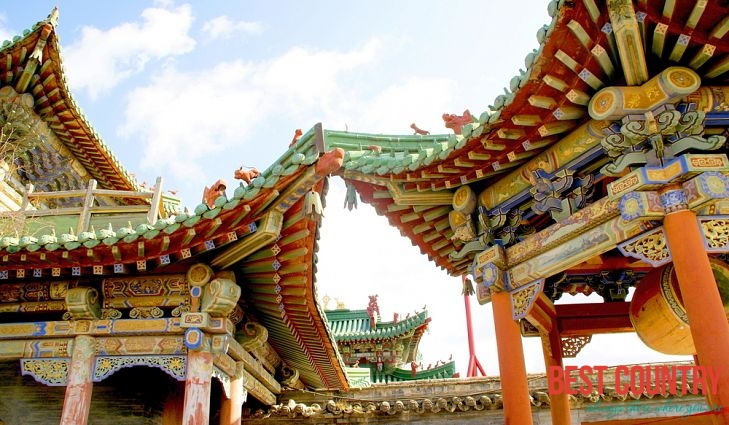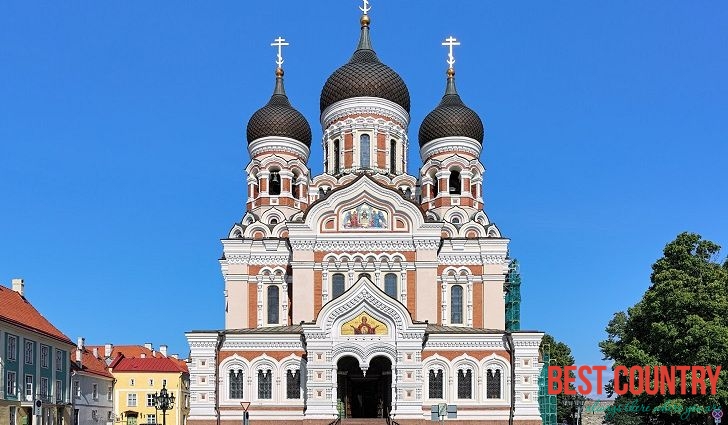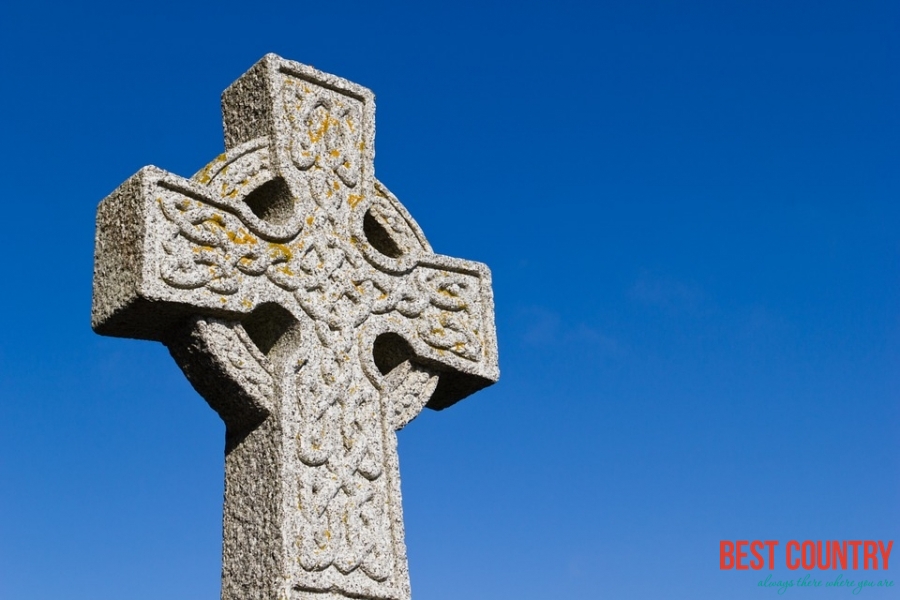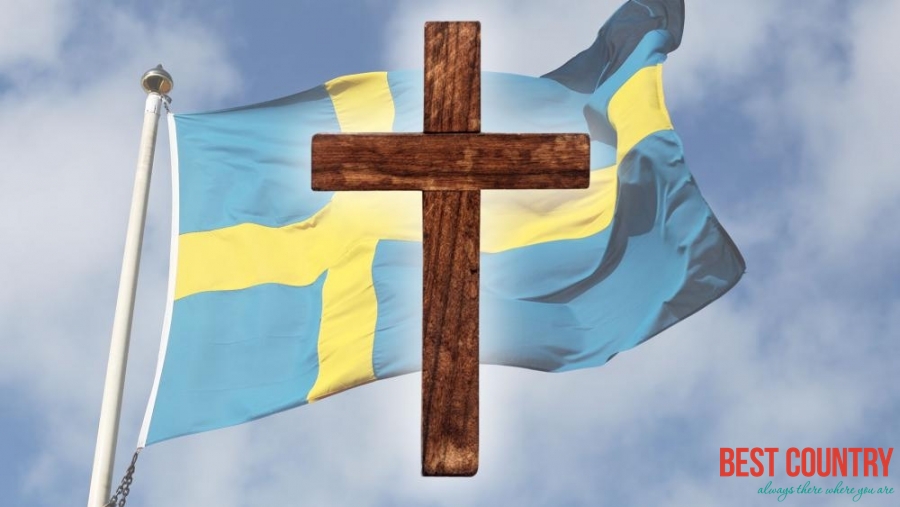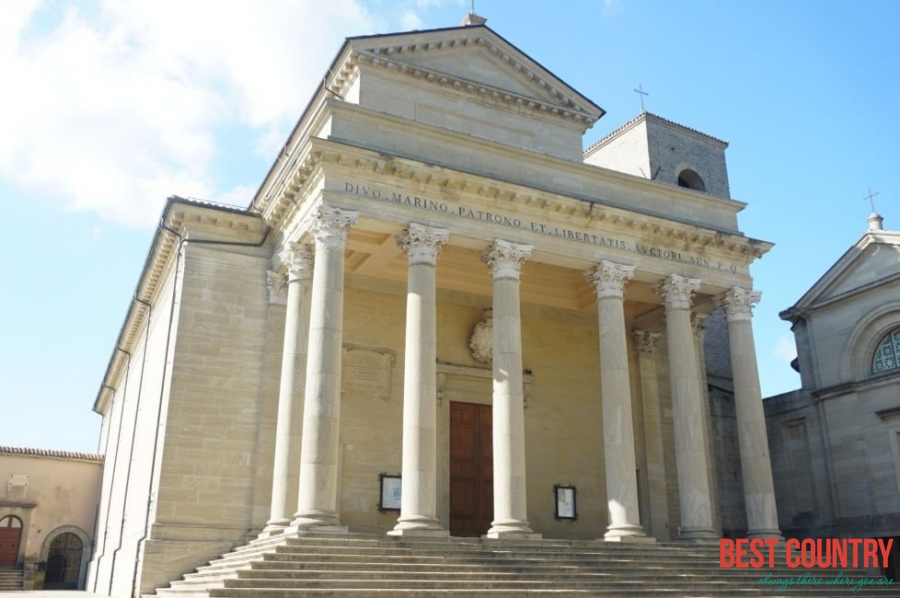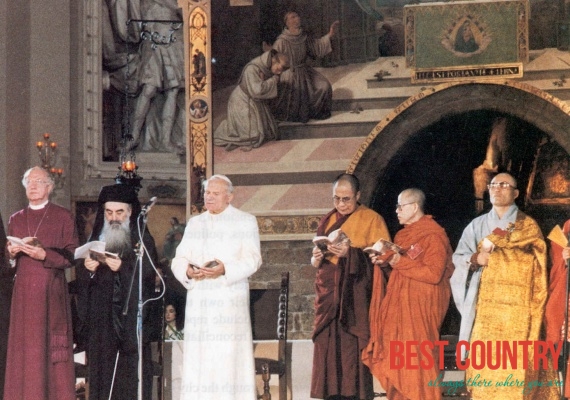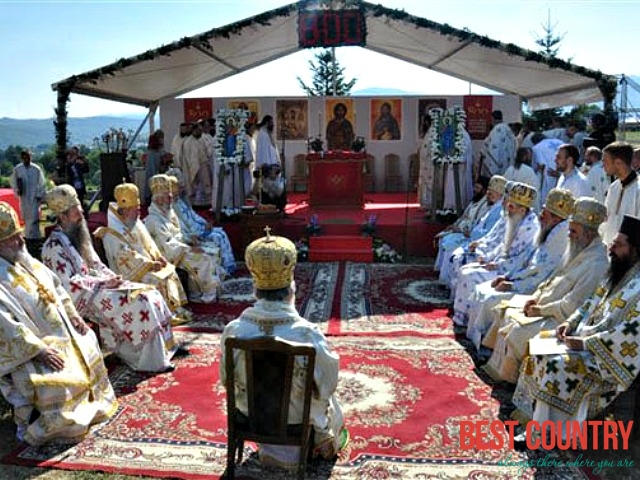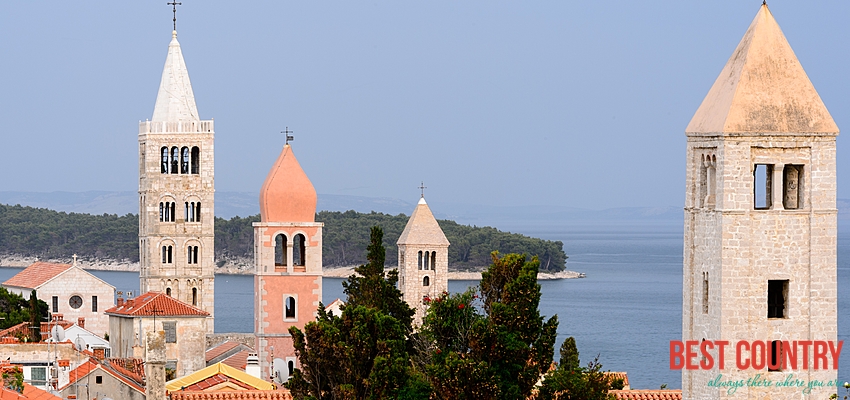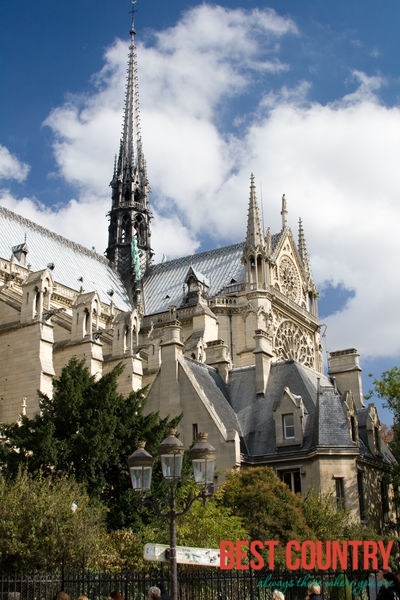Religion in different countries
Religion in Liberia
According to the 2008 National Census, 85.5% of Liberia's population practices Christianity.Muslims comprise 12.2% of the population, largely coming from the Mandingo and Vai ethnic groups. The vast majority of Muslims are Malikite Sunni, with sizeable Shia and Ahmadiyya minorities.
Religions of Faroe Islands
The majority of the Faroese population, approximately 85 percent, belongs to the Faroese Evangelical Lutheran Church.
Religion in Slovenia
As a democratic country, Slovenia guarantees the right to freedom of religion.
Religion in Slovakia
Slovakia is generally a religious country of Christian religion. The latest research results show that 84% of inhabitants are religious and Christians attend Masse and practice their religion in everyday life.
Religion in Myanmar
The main religions of the country are Buddhism (89.2%), Christianity (5.0%), Islam (3.8%), Hinduism (0.5%), Spiritualism (1.2%) and others (0.2%). Religious intolerance or discrimination on grounds of religion is nonexistent in the Union of Myanmar throughout its long history.
Religions in Mongolia
Traditionally, Mongols practiced Shamanism, worshipping the Blue Sky. However, Tibetan Buddhism (also called Vajrayana Buddhism) gained more popularity after it was introduced in 16th century.
Religion In Estonia
Since the 16th century, Estonia has been a predominantly protestant (Lutheran) country. Baltic Germans built most of the country’s churches. Up until the 19th century, the church was the only source of education in the countryside and few villages are without an architecturally impressive church at its centre.
Religion in Scotland
The Church of Scotland (often referred to as The Kirk) is the national church of Scotland. Although it is the established church, it is not subject to state control. It differs from the Church of England in that it has a Presbyterian form of church governance. The Scots are proud of the fact that the Scottish Reformation took place at a grassroots level, unlike in England, where the Reformation was a politically motivated, top-down reform.
Religion in Sweden
While Sweden is a very secular nation, the many church buildings across the country bear witness to the long historical presence of the Christian faith.
Religion in San Marino
Religion in San Marino is an important part of the lifestyle of the people in the country. Roman Catholicism is the dominant religion in the country and most of the people are followers of the same religion.
Religion in the Czech Republic
The Czech Republic has one of the least religious populations on Earth. Historically, the Czech people have been characterised as "tolerant and even indifferent towards religion".
Religion of Montenegro
Most Montenegrin inhabitants are Orthodox Christians, followers of the Serbian Orthodox Church's Metropolitanate of Montenegro and the Littoral and the Montenegrin Orthodox Church.
Religion of Croatia
For many people, Catholicism is a symbol of nationality even though they may not attend mass or participate in other religious activities or ceremonies. Most young people are baptized, and most marriages are conducted in a church. Other religions include Eastern or Serbian Orthodox, Islam, Judaism, and Protestantism. Since the war, there has been a more visible presence of Protestant missionaries, including members of the Church of the Latter Day Saints and Jehovah's Witness. There is some interest in Eastern religions, such as Buddhism, among young adults.
Religions in France
The citizens of France have a constitutional right of freedom to practice any religion that interests them. Though the early history of France depicts a strong compulsion of practicing Christianity as the religion of state, in modern France, all such regulations have been abolished, making France a truly secular nation.

